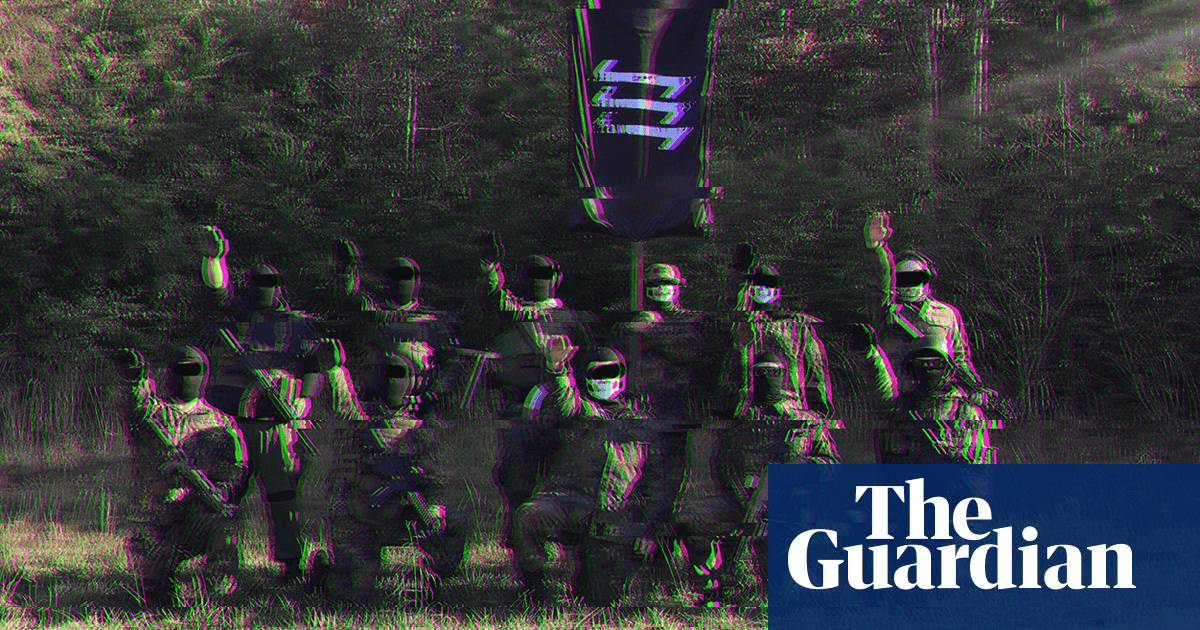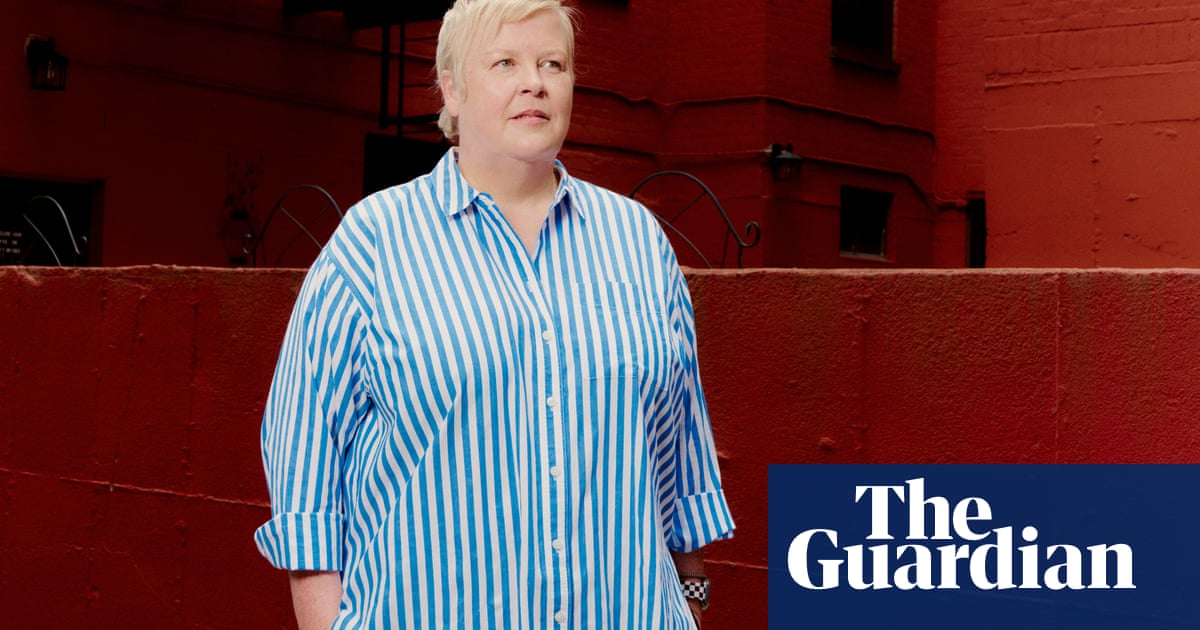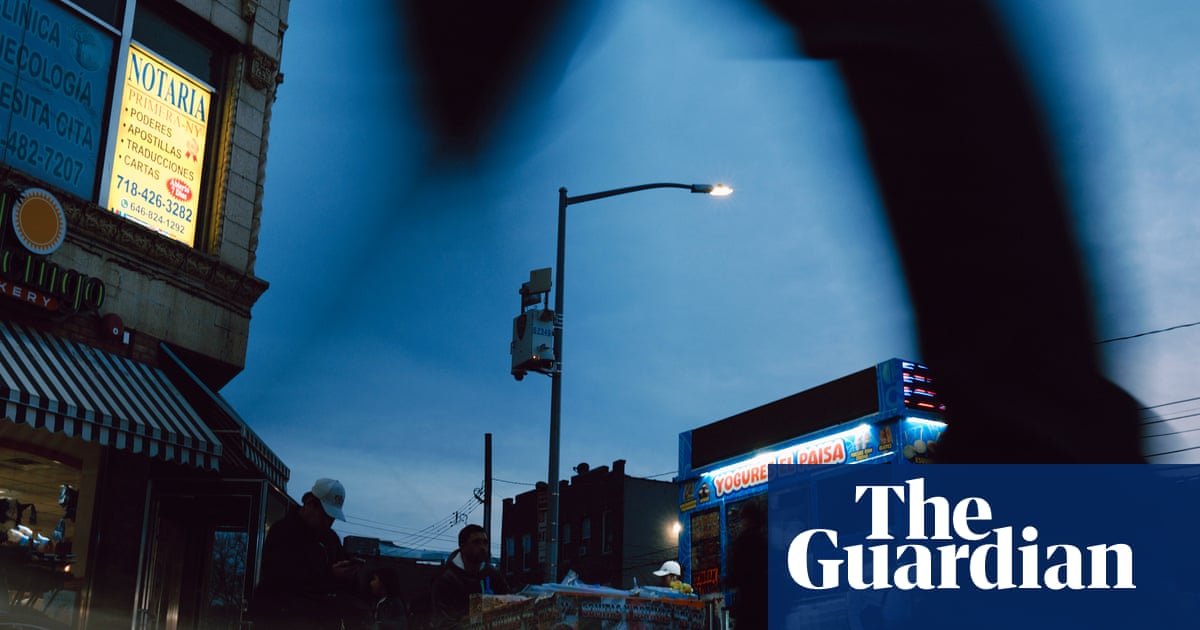Twenty years ago, Paul Andrew Williams announced himself as a smart new British talent with his ferocious gangland picture London to Brighton, and his creativity has continued in film and TV ever since. His new film is a haunted, social-realist drama with elements of Mike Leigh but also moments of thriller and even horror. Williams isn’t shy of stabbing us with an old-fashioned jump scare towards the end, which in fact challenges the audiences with its refusal of categorisation. There are two superb lead performances from Andrea Riseborough and Brenda Blethyn and an outstanding supporting turn from Jason Watkins.
Dragonfly is about loneliness and alienation and about the eternal mystery of other people, the fear of intimacy and the unknowable existence of urban neighbours. Elsie, played by Blethyn, is an older woman who is quite capable of independent living in her bungalow, but a recent fall and an injured wrist has meant that her middle-aged son (Watkins), all too obviously to compensate for not visiting that often, has paid for daily visits from a private agency nurses. They are overworked and not doing an especially good job. Really, she doesn’t need these nurses and by enduring them, Elsie is shouldering the burden of her son’s guilt.
Meanwhile nextdoor neighbour Colleen, played by Riseborough, is a continuingly strange presence. She is a melancholy, withdrawn figure, evidently on benefits and living with her huge American bull terrier, uncompromisingly named Sabre. Williams shows us that she is effectively living in a kind of platonic relationship, or mariage blanc, with this dog; the film periodically gives us startling shots of Sabre’s colossal body in a kind of domestic nakedness sprawled on Colleen’s bed.
In a manner that may be insidious or predatory or just friendly and compassionate, Colleen befriends Elsie; the latter overcomes her initial nervousness of Sabre and she appreciates Colleen’s forthright offer of help. Colleen goes down to the shops to get groceries for Elsie and after a few such trips they agree that what would be easiest would be if Colleen simply gets Elsie’s debit card and Elsie gives her the pin number. Of course, the film allows us to suspect the worst and then suspect the worst of ourselves for suspecting it. Colleen seems to be unhappy and damaged but well-meaning, especially when she (for a laugh) buys them both a two-way radio so they can easily keep in contact – but then uses this radio to talk to Elsie late at night and semi-intentionally to allow bewildered Elsie to hear what’s happening in Colleen’s house.
It is a riveting dual portrait of two gloomy people who really have, in a strange and dysfunctional way, found a new way of interacting and – importantly – this is a triangular relationship: Elsie, Colleen and the vast Sabre. But with a terrible inevitability, Elsie’s uptight busybody son John (Watkins) arrives and there are awful consequences to a conversation he has with Colleen which Williams only shows us in long shot, withholding the truth about what he’s saying. It’s a stark, fierce, wonderfully acted film.

 12 hours ago
5
12 hours ago
5

















































